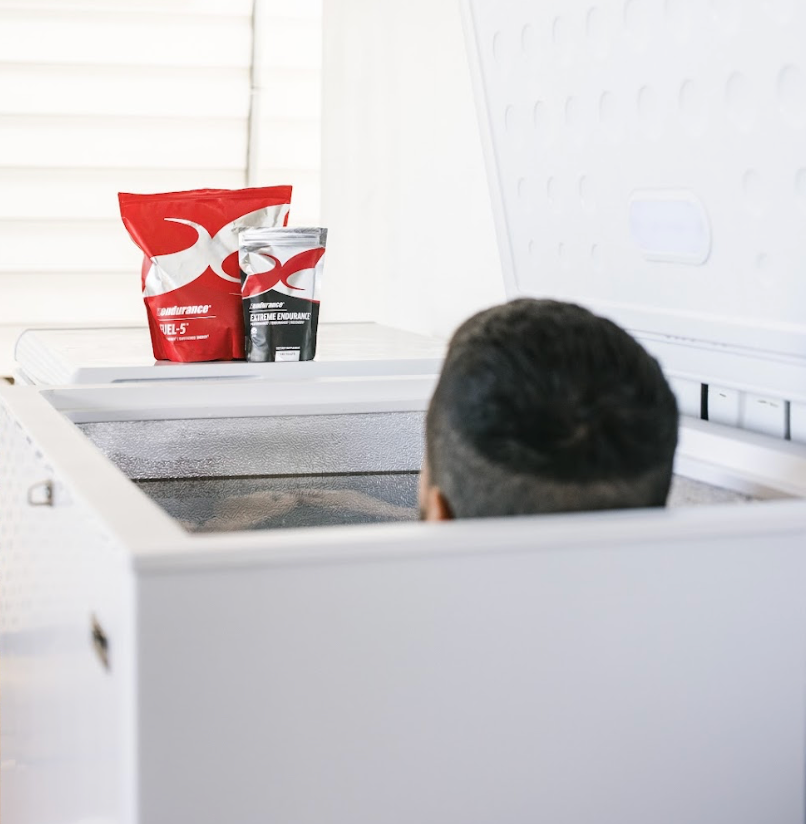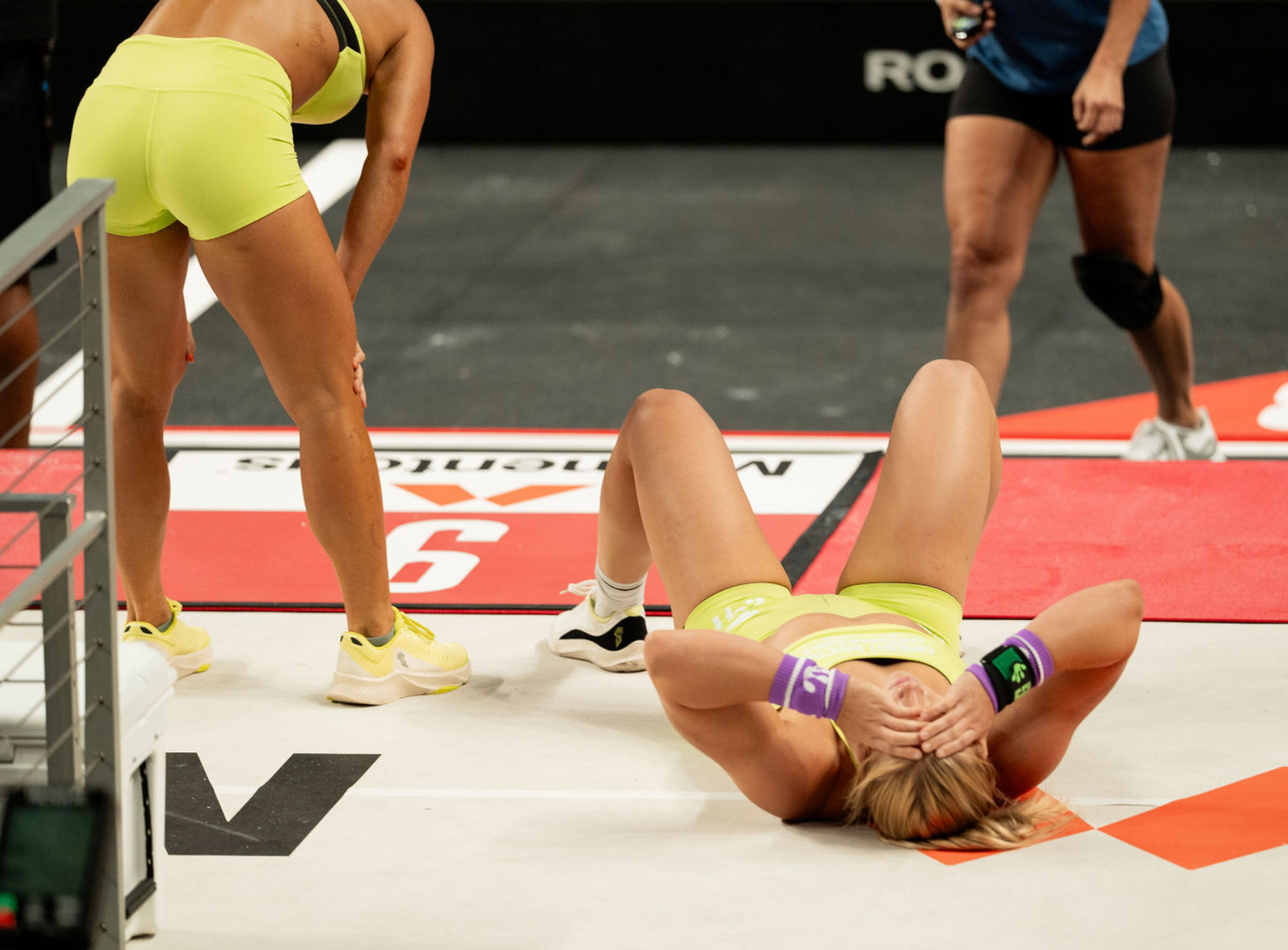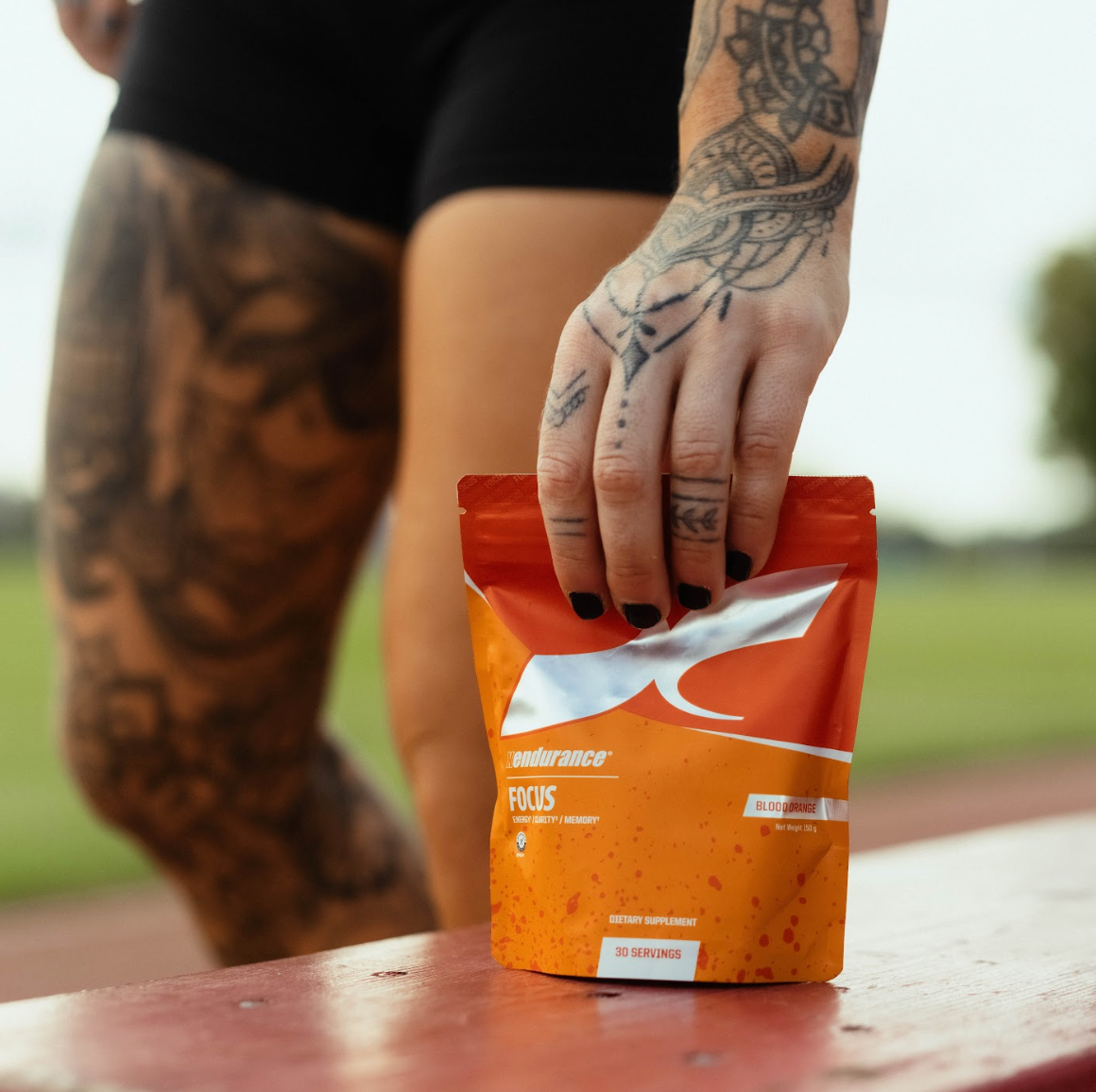In today's fast-paced world, stress is the silent epidemic affecting over 75% of adults, according to the American Psychological Association's 2025 Stress Report. Chronic stress spikes cortisol levels, disrupts sleep, tanks mood, and even weakens your immune system. But here's the good news: science shows certain supplements can slash cortisol by up to 30%, ease anxiety by 20-25%, and boost resilience—often in just 2-4 weeks. Drawing from the latest meta-analyses and RCTs in Nutrients, Journal of Psychiatric Research, and Frontiers in Psychiatry (up to 2025), here is a quick review of the top 8 supplements for stress.
1. Ashwagandha: The Ultimate Stress-Shield Adaptogen
Ashwagandha (Withania somnifera) is an ancient Ayurvedic herb that's proven to lower cortisol and build stress resilience, making it a top choice for anyone feeling overwhelmed. A 2023 meta-analysis of 12 RCTs involving over 1,000 participants found it reduces anxiety by 25% and improves sleep quality. It works by modulating the HPA axis—your body's stress response system—cutting cortisol levels by 23-30%, which leads to less overwhelm, better focus, and deeper rest. The recommended dosage is 300-600 mg per day of root extract standardized to 5% with anolides, ideally taken in the evening. While trace amounts exist in nightshade veggies like tomatoes and potatoes, you'd need to eat 10-20 pounds daily to get therapeutic benefits, which is completely impossible. Supplementation is far better here, as concentrated extracts deliver 10 times the active compounds—opt for capsules like the KSM-66 brand and skip trying to get it from food.
2. L-Theanine: Zen Without the Drowsiness
Found naturally in green tea, L-theanine promotes alpha brain waves for calm focus without making you sleepy, which is why it's ideal for high-stress days. A 2024 review of 9 RCTs showed it reduces anxiety by 20% in stressed adults. It helps by boosting GABA and serotonin levels, blunting the fight-or-flight response, and pairing perfectly with caffeine for jitter-free energy. Take 200-400 mg per day, either in the morning or as needed. Green tea provides 20-50 mg per cup, but you'd have to drink 8-20 cups daily to reach therapeutic doses, which would overload you with caffeine. Supplementation can deliver pure L-theanine at 200 mg easily through chewables or pills, avoiding any possible crash.
3. Magnesium: The Nervous System Soother
With 50% of stressed people deficient according to NIH 2025 data, magnesium is essential for calming the nervous system and is backed by a 2022 meta-analysis of 18 RCTs showing 15-20% cortisol drops. It regulates neurotransmitters, relaxes muscles, and improves sleep, with the glycinate form crossing the blood-brain barrier most effectively. The dosage is 300-400 mg per day of elemental magnesium in glycinate or threonate form. You can get it from foods like spinach (80 mg per cup), almonds (80 mg per ounce), and pumpkin seeds (150 mg per ounce)—aiming for 400 mg means eating 2 cups of spinach, 1 ounce of seeds, and a banana. While food sources are viable, supplementation may be often better because modern diets fall short due to absorption rates.
4. Rhodiola Rosea: Fatigue-Fighting Adaptogen
This Arctic root combats burnout and is perfect for high-stress workers, as a 2023 review of 11 RCTs reported 18% relief in symptoms. It boosts serotonin and dopamine, enhances mental stamina, and lowers fatigue by 20%. Take 200-600 mg per day standardized to 3% rosavins and 1% salidroside, cycling 5 days on and 2 off. Rhodiola isn't found in any common foods—it's a wild herb with no dietary alternative. Supplementation is essential, as extracts provide the bioavailable actives that are difficult to obtain.
5. Omega-3 Fatty Acids: Anti-Inflammatory Mood Booster
Harvard's 2024 meta-analysis of 26 RCTs with over 2,000 participants showed omega-3s reduce anxiety by 20% through cortisol modulation, making them a must for mood support. EPA and DHA reduce brain inflammation and stabilize the HPA axis. The dosage is 1,000-2,000 mg per day of combined EPA+DHA from fish oil or algae for vegans. Fatty fish like salmon (1,200 mg per 3-ounce serving) and mackerel (1,000 mg per 3 ounces) provide it—two servings per week covers basics, but stressed folks need 3-4 times more. Supplementation provides high doses without mercury risks, if testing is confirmed, though eating fish plus supplementing creates synergy.
6. Vitamin B Complex: Neurotransmitter Support
Stress rapidly depletes B vitamins, so a full complex is crucial—a 2025 RCT with 500 participants found it drops anxiety by 25% versus placebo. B6, B9, and B12 aid serotonin production and fight depletion across the board. Take 50-100 mg per day of a balanced complex. Foods like eggs (0.6 mcg B12 each), leafy greens (200 mcg B9 per cup), and poultry (0.5 mg B6 per 3 ounces) meet daily needs with one egg, a salad, and chicken. For stress recovery, supplementation provides concentrated doses that restore levels faster than food alone.
7. Lemon Balm: Herbal Anxiety Eraser
Melissa officinalis, or lemon balm, calms via GABA enhancement, with a 2024 meta-analysis of 7 RCTs showing an 18% reduction in stress scores. It inhibits stress enzymes and promotes relaxation, especially for acute worry. The dosage is 300-600 mg per day of extract or 1-2 cups of tea. Fresh leaves in salads or teas offer minimal actives. Supplementation with standardized extracts (5% rosmarinic acid) delivers potency over culinary use.
8. Holy Basil (Tulsi): Cortisol-Cutting Herb
Revered in India, holy basil is an adaptogen that a 2023 RCT with 300 participants showed reduces cortisol by 22%. It helps balance blood sugar, reduces inflammation, and eases emotional stress. Take 300-500 mg per day of extract. Fresh leaves in teas provide trace amounts—you'd need 10+ cups daily. Supplementation provides therapeutic levels, as capsules may outperform brewing every time.
Food vs. Supplements: The Verdict
While foods offer synergistic nutrients—like magnesium in spinach paired with vitamin C—supplementation is superior for stress management because it provides concentrated doses that food can't match (think 20 cups of green tea for L-theanine). Extracts boast 5-10 times better bioavailability, pills ensure daily consistency amid busy lives, and with 40% of people short on key nutrients per 2025 NHANES data, stress amplifies these gaps. Here is a pro tip: Eat a rainbow diet of fish, nuts, and greens, then add targeted supplements for double the benefits. The best stack is ashwagandha, L-theanine, and magnesium, which studies show deliver 30% overall relief in four weeks.
|
Supplement |
Food Sources |
Amount Needed for Dose |
Supp Wins Because... |
|
Ashwagandha |
None practical |
N/A |
Concentrated only |
|
L-Theanine |
Green tea |
8-20 cups |
No caffeine crash |
|
Magnesium |
Spinach, nuts |
3-5 servings |
Absorption edge |
|
Rhodiola |
None |
N/A |
Herb-exclusive |
|
Omega-3 |
Salmon |
7-14 servings/week |
Purity/dose |
|
B Complex |
Eggs, greens |
4-6 servings |
Rapid restore |
|
Lemon Balm |
Fresh leaves |
10+ cups tea |
Potency |
|
Holy Basil |
Tulsi tea |
10 cups |
Extracts rule |
Stress Performers in Xendurance Supplements
Xendurance offers a targeted lineup of performance-enhancing supplements that incorporate key stress-relieving ingredients like magnesium, omega-3 fatty acids, KSM-66 Ashwagandha, L-theanine, and various B vitamins, making it easier for athletes and active individuals to support recovery, focus, and hormonal balance without separate pills.
For instance, Extreme Endurance, their flagship electrolyte mineral formula, delivers a potent dose of magnesium alongside calcium, potassium, selenium, and chromium to buffer lactic acid, reduce muscle soreness by up to 39%, and enhance endurance—ideal for high-intensity training where magnesium deficiency can amplify stress and fatigue.
Complementing this, Omega+D3 provides a 2-in-1 blend of highly absorbable triglyceride-form EPA and DHA omega-3s (sourced from purified anchovies) plus 4,000 IU of vitamin D3, promoting anti-inflammatory effects for joint mobility, heart health, and mood stabilization while countering the cortisol spikes that chronic stress induces.
For adaptogenic support, Test+ harnesses KSM-66 Ashwagandha—a full-spectrum root extract standardized to boost testosterone by up to 17%, lower cortisol, and improve sexual function and vitality—combined with fenugreek and shilajit for men seeking resilience against workout-induced hormonal dips.
L-Theanine shines in Strength-5, a powder blend featuring natural green tea extract and L-theanine to foster alpha brain waves for jitter-free focus, mental endurance, and alertness, paired with L-tyrosine to sharpen cognition without the crash of traditional stimulants.
Rounding out the essentials, several Xendurance products integrate vitamin B complex elements for neurotransmitter support and energy metabolism: Fuel-5 includes B6 and B12 to aid carb utilization and rehydration during endurance sessions, while broader lines like their Informed Sport-certified vitamins and recovery formulas incorporate B vitamins to combat depletion from intense exercise, fostering better sleep and reduced anxiety. Overall, these Xendurance offerings stand out for their clean, third-party-tested profiles—free of banned substances and fillers—allowing seamless stacking for a holistic anti-stress regimen that amplifies daily performance and recovery.
Supplements to AVOID: Don't Add Stress to Your Plate!
Not all supplements help—some actually cause stress by spiking cortisol, disrupting sleep, or depleting nutrients. Backed by 2024-2025 reviews in JAMA and Sleep Medicine, steer clear of high-dose caffeine pills (200+ mg), which mimic stress hormones and raise cortisol by 15% per a 2024 RCT—stick to coffee under 100 mg instead. High-dose vitamin C over 2,000 mg stresses the kidneys with no benefits, per a 2025 meta-analysis. St. John's wort worsens anxiety in 10% and interacts with meds (Psychopharmacology 2024). Licorice root over 500 mg elevates cortisol, especially if hypertensive. High-dose Panax ginseng causes insomnia in 18% (2023 review). And unregulated kava poses liver risks—it's banned in Europe. Watch for jittery labels or untested energy blends; always choose USP/NSF-certified products.
Final Thoughts: Your Stress-Free Action Plan
Stress doesn't have to win—empower yourself today by starting with ashwagandha, L-theanine, and magnesium for up to 30% stress relief in just four weeks. Track your mood with a simple app, commit to 7-8 hours of restorative sleep, add 30-minute daily walks, and embrace mindfulness to unlock even greater results. You'll notice a soothing calm wash over you by week one, evolving into a profound, lasting transformation by month's end. Supplements are your secret weapon to amplify these foundational lifestyle habits—not replace them—so partner with a naturopath for a personalized plan that fits your unique life. Take that first step now, and welcome a calmer, more vibrant you into every tomorrow!









Leave a comment
This site is protected by hCaptcha and the hCaptcha Privacy Policy and Terms of Service apply.